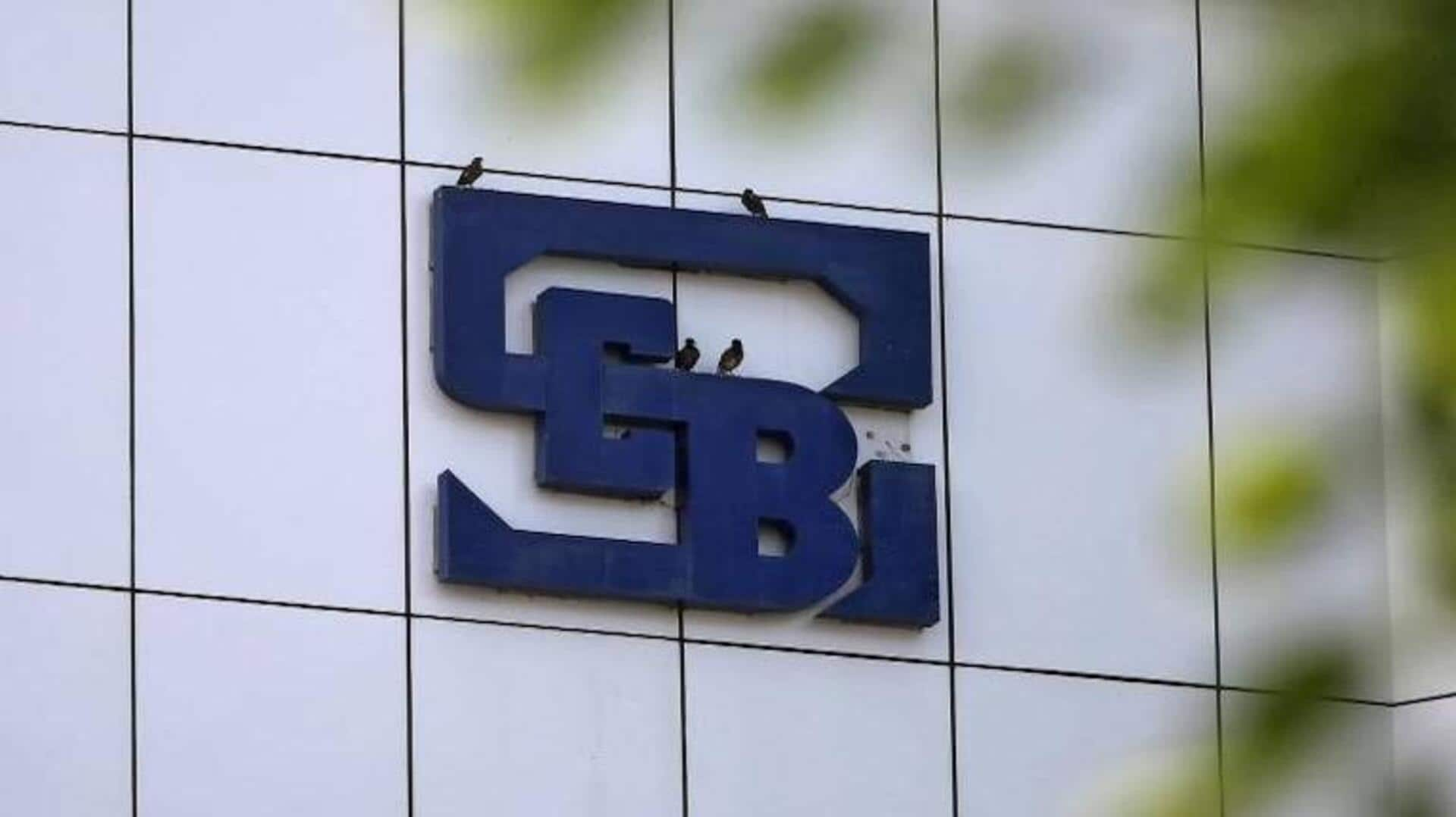
Equity traders can soon withdraw cash same day after trades
What's the story
The Securities and Exchange Board of India (SEBI) is considering introducing optional T+0 and instantaneous settlement of trades in the equity cash segment, alongside the current T+1 settlement cycle.
This move aims to enhance operational efficiency and draw more investors to Indian securities.
SEBI intends to roll out this change in two phases, with Phase 1 offering an optional T+0 cycle for trades executed until 1:30pm.
The Phase 2 will provide optional instantaneous trade-to-trade settlement for both funds and securities.
Details
Phase-wise implementation of shorter settlement cycles
In the first phase, the optional T+0 cycle will apply to trades conducted until 1:30pm, with funds and securities settlements completed by 4:30pm.
Once Phase 2 is implemented, which includes optional instantaneous trade-to-trade settlement for both funds and securities until 3:30pm, Phase 1's optional T+0 will be discontinued.
According to SEBI's consultation paper, a significant portion of retail investors already provide upfront funds and securities before placing orders, making them well-suited for shorter settlement cycles.
What Next?
Benefits of shorter settlement cycles
Shorter settlement cycles offer advantages such as enhanced risk management and increased investor protection by granting them greater control over their securities and funds.
The paper also indicates that these cycles could make equities more appealing as an asset class.
"Providing the option for instant settlement will help establish Indian equities as an asset class with the features of resilience, low cost and time for transaction, superior in all ways to emerging claimants of alternative asset classes," the paper stated.
Insights
Addressing concerns regarding liquidity fragmentation and price divergence
Some stakeholders have expressed concerns about liquidity fragmentation, efficient price discovery, and price divergence between different settlement cycles.
However, SEBI believes that liquidity and price gaps will be addressed as market participants can access both T+0 and T+1 markets.
To resolve price divergences, SEBI proposes introducing price bands between segments to ensure limited divergence in prices between the T+1 settlement cycle and T+0 or instant settlement cycle.
The regulator also anticipates that active arbitrageurs will help reduce divergence in prices.